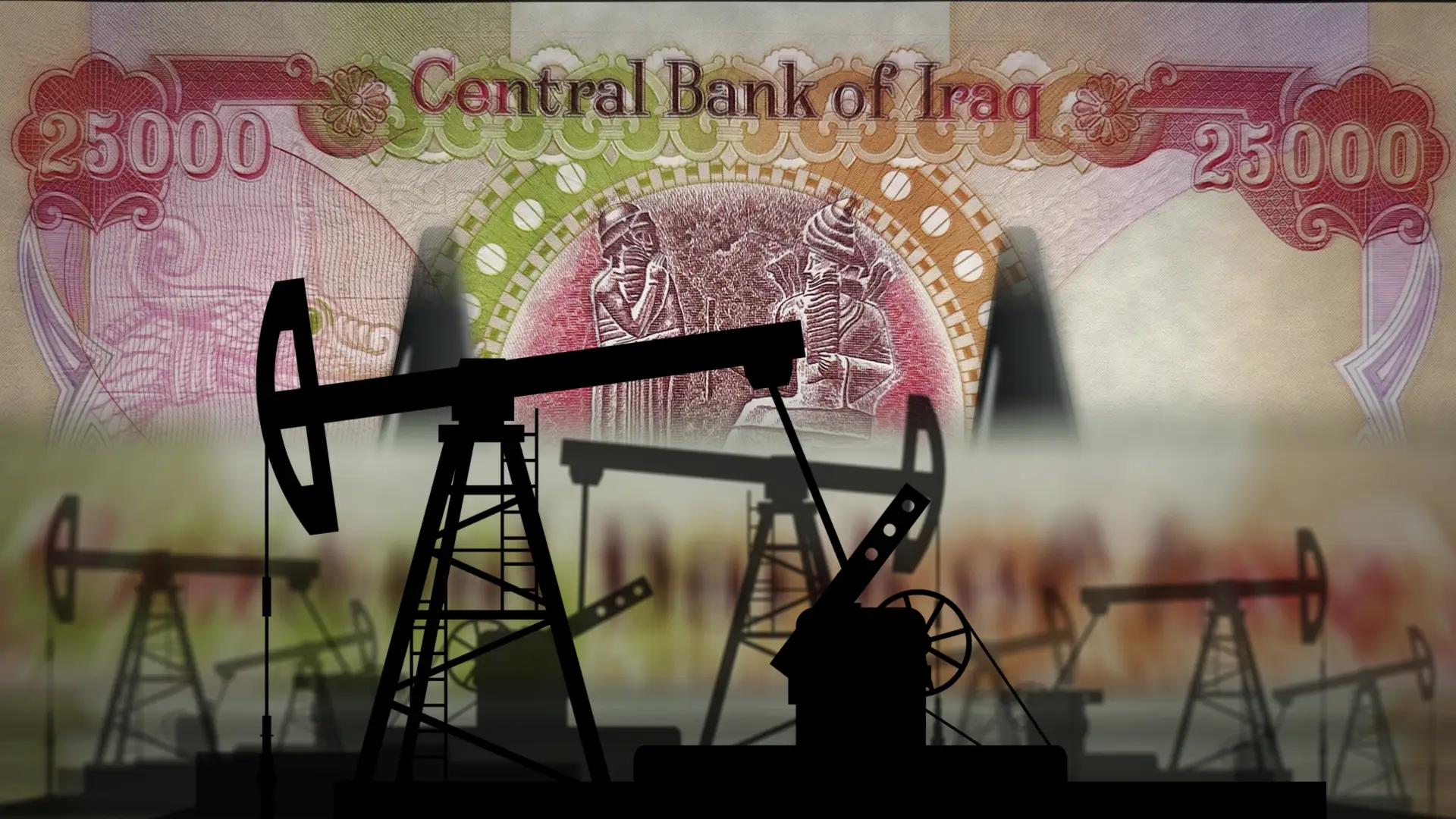
 Admin Admin
Admin Admin
Baghdad – WAA – Amna Al-Salami
The Prime Minister’s financial advisor, Mazhar Mohammed Salih, confirmed on Friday that Iraq ranks ninth globally among countries rich in natural resources. He also pointed to a move to invest in strategic minerals, the revenues of which are comparable ( if not exceeding ) to oil.
The Prime Minister’s financial advisor, Mazhar Mohammed Salih, told the Iraqi News Agency (INA): “Iraq ranks ninth among the world’s ten richest countries in terms of natural resources, with its wealth in precious metals, minerals, and other resources estimated at at least $16 trillion, according to preliminary global estimates.”
He pointed out that “Iraq ranks first in the world in terms of the concentration of natural resources per square kilometer of its vast and diverse geography, particularly in the Mesopotamia Basin region, which is rich in underground resources.”
He explained that “investing in strategic minerals such as thorium and uranium could generate returns comparable to those of oil, as thorium is a cleaner and more important alternative for energy generation compared to uranium.” He noted that “linking the value of the national currency to investment in these minerals depends on Iraq’s ability to enter value-added chains, which contributes to raising the gross domestic product.”
He added that “the discovery of large quantities of thorium and uranium in southern Iraq represents ‘strategic news’ that will have a significant impact on diversifying the national economy if exploited optimally, especially if linked to the investment policies associated with the Development Road Project.”
Saleh emphasized that “advancing the exploration and manufacturing processes for these two resources will pave the way for the development of non-oil resources, enhancing Iraq’s global geo-economic position. Furthermore, this development will chart the course for a new industrial map linked to the path of development, lay the foundation for a sustainable future, and attract major global mining companies with advanced technological capabilities, in addition to providing quality job opportunities within the Iraqi market.”
He pointed out that “this boom in mineral investment will have a positive impact on fiscal and monetary policy, by enhancing monetary stability and increasing national income, which will contribute to improving citizens’ well-being.”
He continued, “The importance of thorium and uranium minerals in the global energy market, and the presence of major economic partners such as India, China, and the United States, make Iraq a pivotal player in the field of unconventional fuel resources and an influential center in facilitating international security and energy paths.”
End

Id quam fames at eget pede. Mauris tellus hac pellentesque tincidunt vestibulum.